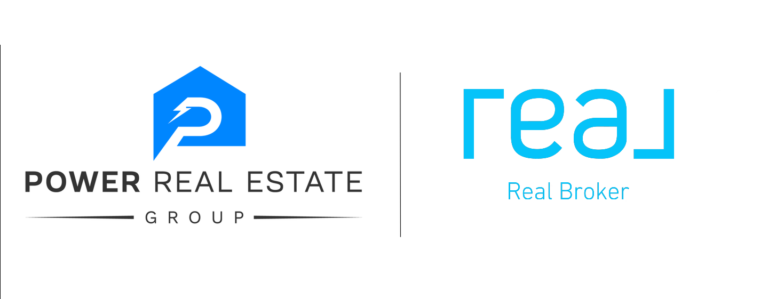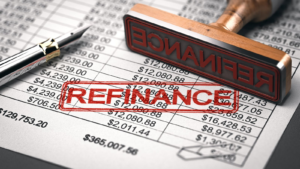5 Common Mistakes When Buying a House
-
Insufficient Financial Preparation: One of the most prevalent mistakes is not being adequately prepared financially. Buyers often fail to save enough for a down payment, closing costs, and other upfront expenses associated with purchasing a home. This oversight can lead to financial strain or even loan rejection. It is essential to plan and budget carefully to ensure a smooth and successful home-buying process.
-
Skipping Mortgage Pre-Approval: Another common error is neglecting to obtain a mortgage pre-approval before starting the house-hunting process. Pre-approval provides buyers with a clear understanding of their purchasing power, helps set realistic expectations, and strengthens their negotiation position. By skipping this step, buyers may waste time and effort pursuing homes that are beyond their affordability.
-
Overlooking Home Inspection: Failing to conduct a thorough home inspection is a critical mistake that can have long-term consequences. A professional inspection helps identify any underlying issues or structural problems with the property. By skipping this step, buyers risk unexpected repair costs and potential safety hazards. It’s crucial to hire a qualified inspector to assess the property’s condition and make an informed decision.
-
Ignoring the Neighborhood and Location: Many buyers focus solely on the property itself and overlook the importance of the neighborhood and location. Neglecting to research and consider factors such as proximity to amenities, schools, transportation, and potential future development can lead to buyer’s remorse. It’s essential to assess the neighborhood’s suitability for your lifestyle and long-term goals before making a purchasing decision.
-
Not Seeking Professional Guidance: Attempting to navigate the complex home-buying process without professional guidance is a common mistake. Real estate transactions involve intricate legal and financial aspects that can be challenging for buyers to handle alone. Working with a reputable real estate agent or attorney can provide valuable expertise, ensuring that all necessary paperwork, negotiations, and contractual obligations are properly managed.

- Monday / Friday 9 AM-6PM
- info@joserobertosamano.com
- (714) 925-4418
- 2390 E. Orangewood Ave Suite 400 Anaheim, CA 92806



